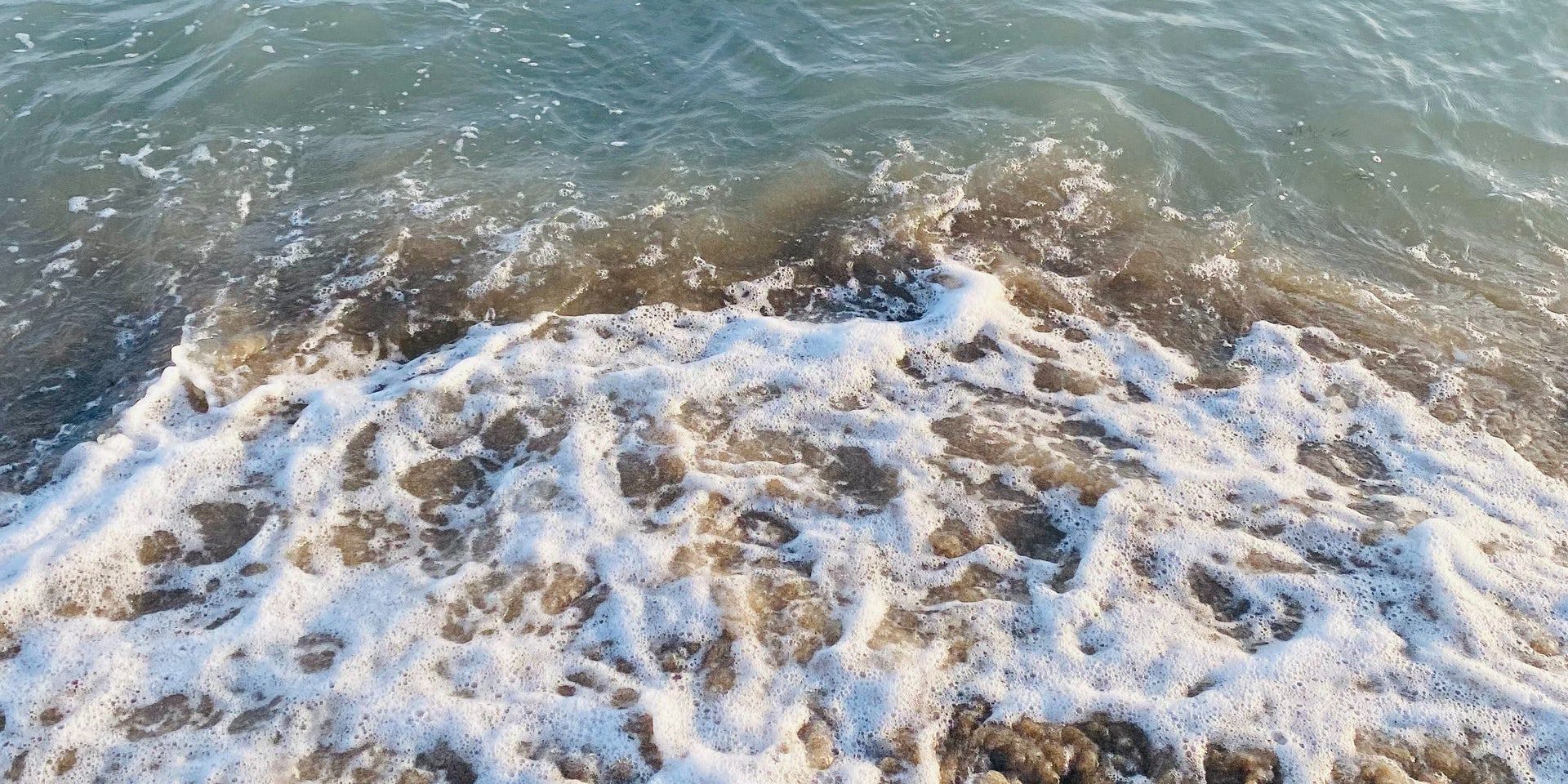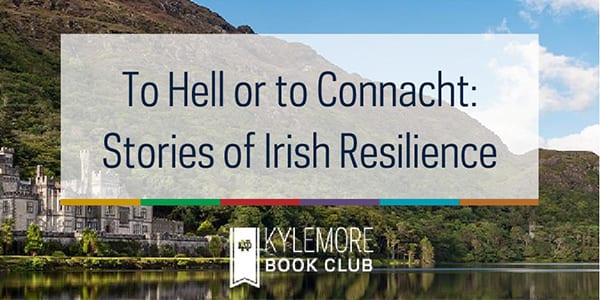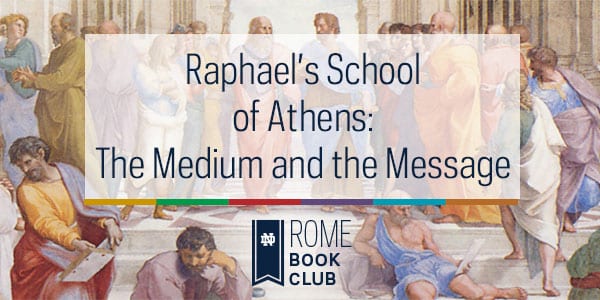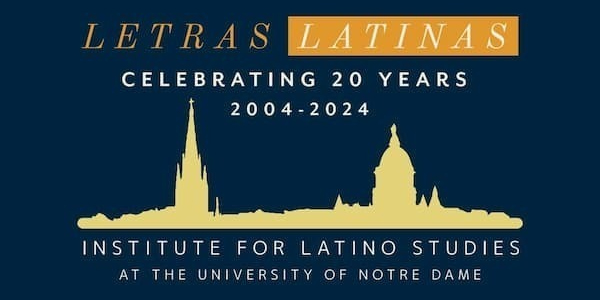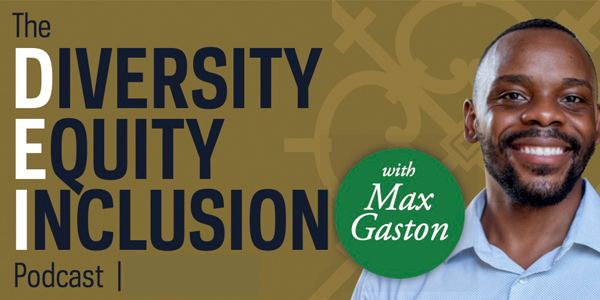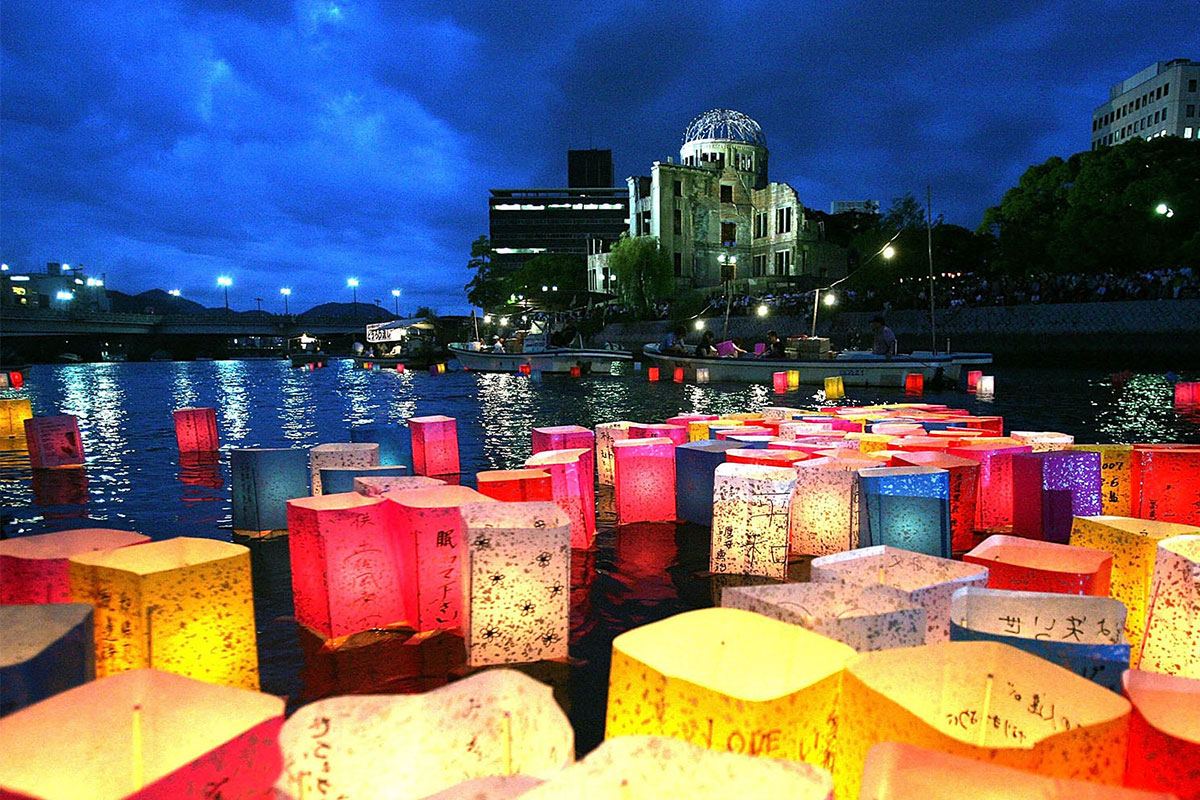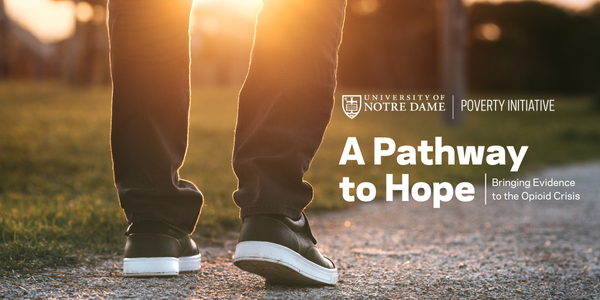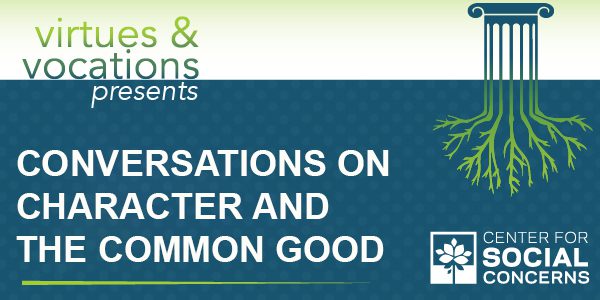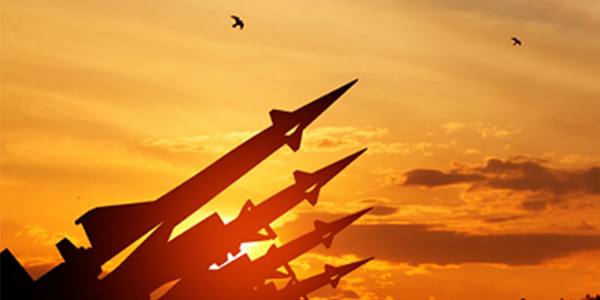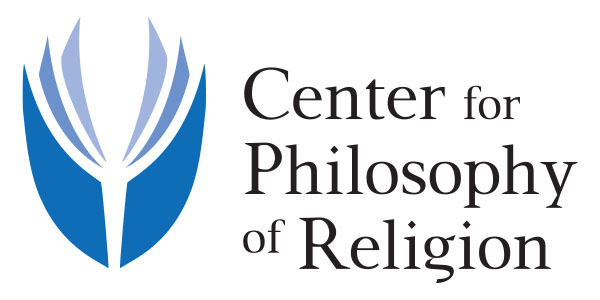Top 10 Learning Moments
- The Mediterranean is a climate change hot spot where both changes in the dynamics of upper atmosphere circulation and a reduction in the temperature difference between land and sea are drying out the region and reducing annual precipitation in the process. — Gabriel Mitchell
- There’s no greater challenge that we’re all facing right now on our planet than the climate crisis and no country can solve it alone. — Daniel Blumenthal
- There is more and more a call that we create a coherent policy across all nations, rather than each one thinking of what they need to do for their own borders because climate change is not really going to work based on your individual policy, but on what is happening around you as well. — Mehra
- If we do things the right way, they actually impact for the betterment of society in general and not just one element or just one subset of people, but moreover everybody together. — Krusche
- The more these natural resources [drinkable water] leave the location, the more difficult it becomes for people to survive in that area. And then migration is the only option that remains. — Krusche
- So in terms of are we seeing increased frequency, the answer would be: not yet. RIght now, what our lab’s biggest priority is to link boulder deposits to climate, both the environmental climate and the wave climate. — Kennedy
- Things like this [boulder displacements] from storms and tsunamis, we can use those to say that if this happened in the past. We can find out how often it happens and find out how often it will happen in the future. — Kennedy
- Globally, there is this increase in wave energies, in extreme temperatures, and extreme hydrological events (too much water and too little water). — Bourke
- You might make provisions for women to participate in water governance, but if your provision doesn’t take care of obstacles at home it is basically a policy on paper which is what we are learning in Malawi. — Adams
- One fascinating thing I’ve learned in Malawi is how much women actually are coming up with their own norms to share water at the water point in ways that men just have no idea. — Adams
Interested in learning more?
This series is hosted by ThinkND, the University of Notre Dame’s online learning community that connects you with videos, podcasts, articles, courses, and other resources to inspire minds and spark conversations on everything from faith and politics to science, technology, and your career.
Featured Speakers
Jackline Oluoch-Aridi, Regional Research Program Manager, Ford Family Program in Human Development Studies and Solidarity at Notre Dame’s Kellogg Institute for International Studies
Ellis Adjei Adams, Assistant Professor of Geography and Environmental Policy, Keough School of Global Affairs, University of Notre Dame
Lisa Caulfield, Director of the Kylemore Global Centre in Connemara, Ireland, University of Notre Dame
Andrew Kennedy, Professor of Civil and Environmental Engineering and Earth Sciences, University of Notre Dame
Dhiraj Mehra, Inaugural Director for Initiatives in India, University of Notre Dame’s Mumbai Global Center
Krupali Uplekar Krusche, Associate Dean for Research, Scholarship, and Creative Work and Director of DHARMA (Digital Historic Architectural Research and Material Analysis)
Michael Talbot, Director for Initiatives in Mexico, University of Notre Dame
Alejandro Estefan, Assistant Professor of Development Economics, University of Notre Dame’s Keough School of Global Affairs
Rev. James Lies, C.S.C., Senior Director for Academic Initiatives and Partnerships, University of Notre Dame London Global Gateway
Gustav Milne, Project Leader, CITiZAN
Juan Esteban Montes, Director of the Santiago Global Center, University of Notre Dame
Dr. Robert Nerenberg, Professor at the Environmental Biotechnology Laboratory, University of Notre Dame
Ignacio Vargas, Associate Professor in the Department of Hydraulic and Environmental Engineering, University of Notre Dame
Marcela Vega, Postdoctoral Researcher, University of Illinois at Urbana-Champaign
Gabriel Mitchell, Director of Undergraduate Studies, University of Notre Dame in Jerusalem
Dr. Daniel Blumentha, Department of Energy (DOE) Attaché,U.S. Embassy in Jerusalem
Fay Stevens, Archaeologist, University of Notre Dame
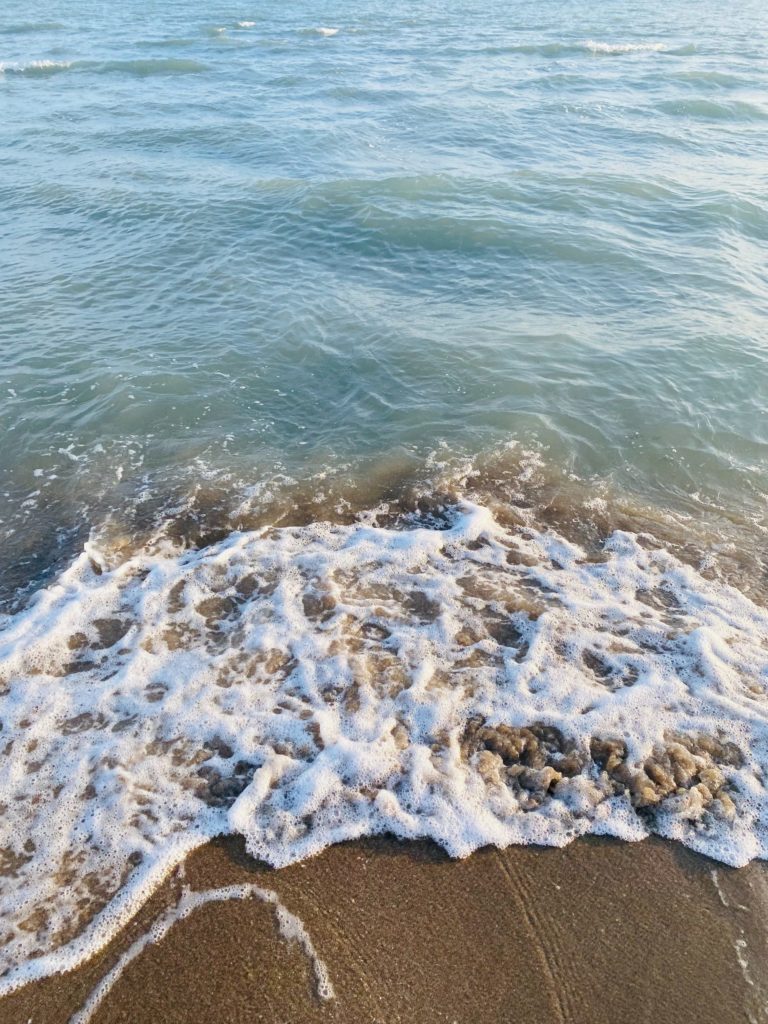
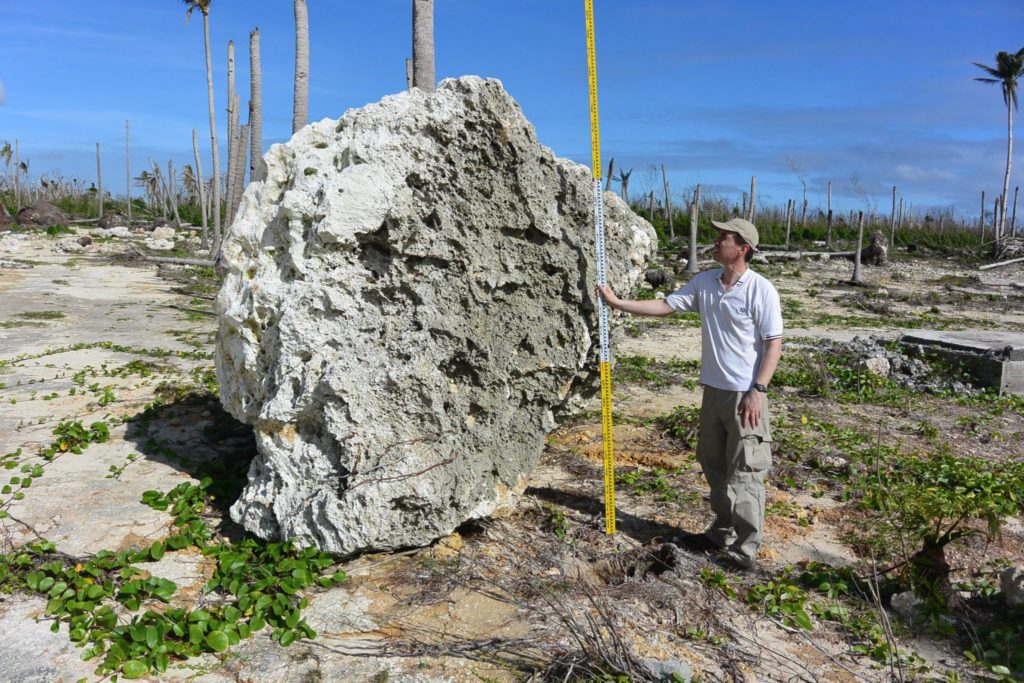
Women and Water Governance
Notre Dame Assistant Professor of Geography and Environmental Policy Ellis Adjei Adams discusses his research on water governance and gender and the current issues and new learnings within this space, starting with water access challenges in Africa and the fact that Women and girls play a low role in water governance despite the important role they play with regards to water.
Mumbai Port Trust Student Experience
Take a quick look into the students’ time in Mumbai working with the Mumbai Port Trust.
“If we do things the right way, they actually impact for the betterment of society in general and not just one element or just one subset of people, but moreover everybody together.”
– Krusche
More Like This
Related PostsLet your curiosity roam! If you enjoyed the insights here, we think you might enjoy discovering the following publications.


